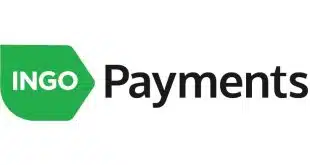Long confirmation times and hefty transaction fees have pushed some Bitcoin backers to back away from the digital currency in recent weeks, but now there are signs that one of those problems is easing significantly while the other is growing much worse.
The median transaction fee stood at $5.69 as of Thursday, according to Bitinforcharts.com. This is the cost of a transaction that Bitcoin users pay, for example, when they buy anything with the currency. While that’s still a weighty levy, the trend over the past month or so has been decidedly downward. It’s less than half the median fee only a week ago, for example, and only 18% of the eye-popping $31.71 reached on Dec. 22, a level that remains the all-time record.

Earlier, Microsoft Corp. temporarily stopped acceptance at its online store, and Valve Corp., a big seller of online games, dropped Bitcoin last month.
Fees are only part of the problem. While the average time it takes to confirm a transaction on the Bitcoin blockchain, the distributed ledger that records each transaction, has been spiking in recent months, that lag really took off in the past week. It stood at a whopping 37 hours—fully a day and a half—on Thursday, according to Blockchain.info. That’s up from about three and a half hours on Jan. 18. As recently as early September, the average time was a comparatively swift 73 minutes.
Pokey transaction confirmations can compound the fee issue, since by the time the transaction finishes the price of Bitcoin is likely to have changed, requiring a second transaction—and a second fee—to account for the difference. This was the problem that drove Valve out of Bitcoin acceptance.
Since by definition there is no central authority for the Bitcoin network, no one knows for sure how many merchants accept it. One estimate places the number at 100,000 worldwide. If a number of these have stopped or suspended acceptance, that could help explain the recent easing of the median transaction cost. But if there’s resistance to higher fees, transaction times will likely remain long. A more pressing question now is whether, and if so how long, this trend will continue.





